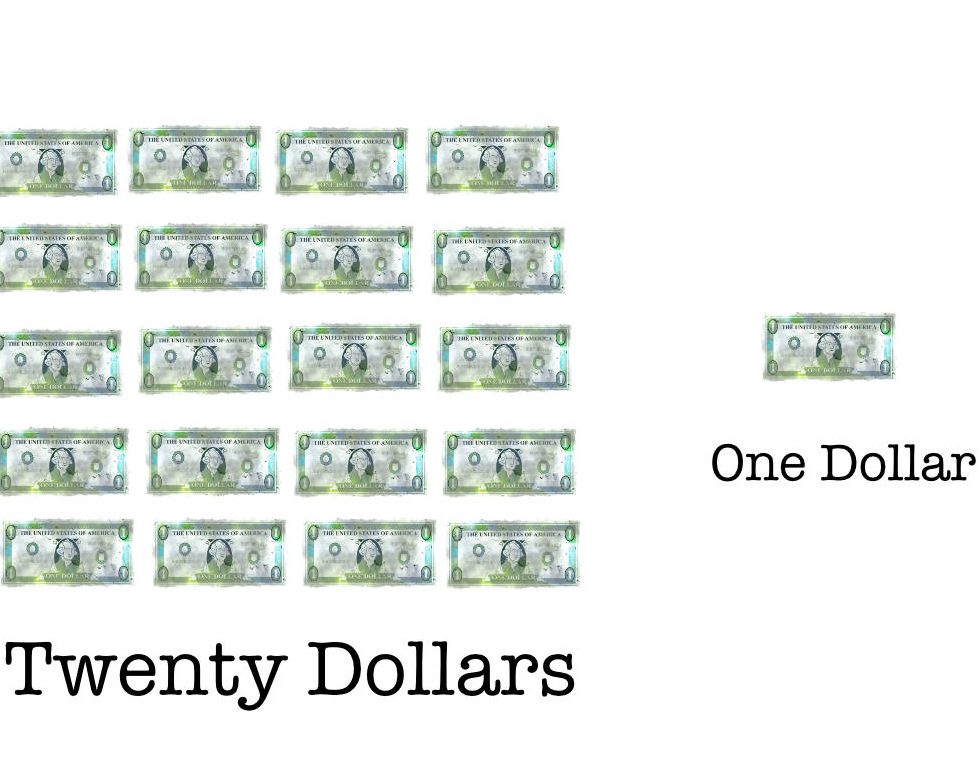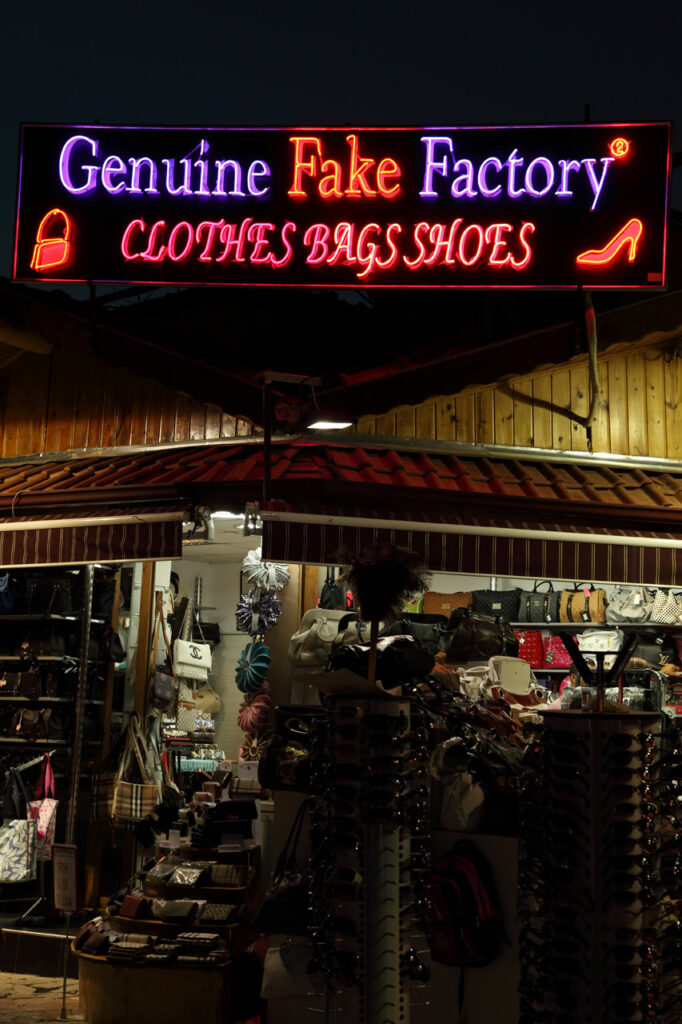A Warning Against Counterfeit Truth


We locate what we want to buy at the big department store, proceed to the checkout and hand the clerk large sums of our money. The clerk takes the larger denominations of our cash, and with a quick swipe of a special felt-tipped marker, verifies that the bills aren’t counterfeit. If our money passes this quick test, the clerk finishes the transaction, hands us our change and away we go with goods in hand, ready to head for our next destination.
But if one or more of these bills do not pass the test, a member of the store’s management will be summoned. They will also contact the police. Now we are in for quite a bit of questioning by the authorities, as well as confiscation of this suspect cash.
So why do larger denominations of money need to be analyzed before they are accepted? Why are there so many security measures on paper currency? Why, especially, are the twenty and the one hundred dollar (US) bills among the most counterfeited money in the world? Why don’t we find one dollar (US) notes or even pennies frequently counterfeited?

Choice of Counterfeit Determined on Value of Original Product
The answer lies in value. A twenty dollar bill has far more value than a dollar bill, and a one hundred dollar bill has more value than a twenty and a single dollar bill combined. On the other hand, for convenience, a twenty dollar bill is more likely to be exchanged than one for five, ten, or a hundred dollars. As to pennies, producing one costs more than it is worth. Why take a great amount of time and money making lots of illegal copies (two thousand pennies only equal one twenty dollar bill) or small bills, when just a few larger bills would accomplish the same thing?
Counterfeiting is not limited to currency only. All over the world, numerous kinds of goods are copied and sold for far less than the original. The more valuable something is perceived to be, the more likely it is to be forged. But the more it is forged, the less valuable it becomes! This resembles pouring purple-colored, grape-flavored, sweet water into pure grape juice. The more that is added, the less pure the juice. It may still look and taste a lot like pure grape juice, but eventually it will be so diluted that no nutritive value remains.
“Jesus saith unto him, I am the way, the truth, and the life: no man cometh unto the Father, but by me.”
John 14:6 emphasis added

Counterfeit Truth Results in Counterfeit Christians
The devil knows how powerful and valuable the Truth is, so he produces imitations of it. He knows that when enough forgeries of the Truth are circulated, people no longer find value in it. Then they lose interest in, or become indifferent toward, God and His Son. The devil delights in these ‘counterfeit Christians’.
They consider themselves followers of Jesus Christ, but don’t want to fully obey Him and His Word. They readily follow something that resembles the Truth but has no value in the end, thereby leading them away from the Truth. Jesus said, “For a good tree bringeth not forth corrupt fruit; neither doth a corrupt tree bring forth good fruit. For every tree is known by his own fruit” (Luke 6:44).
‘Counterfeit Christians’ do not produce good fruit. How could they, when they are not feeding solely on God’s Word? They are living a life that is corrupting what little fruit is produced.
The World Doesn’t See Much Truth in Counterfeit Believers
When unbelievers look at them, they don’t see Christ. They see a mixture of Him and the sinful world they live in instead. Therefore these unbelievers see no reason to leave their worldly lifestyle, since these ‘counterfeit Christians’ are not that much different from what they are. Worse yet, they may likely assume that all Christians are the same as the counterfeits.
“Go ye therefore into the highways, and as many as ye shall find, bid to the marriage. So those servants went out into the highways, and gathered together all as many as they found, both bad and good: and the wedding was furnished with guests.
And when the king came in to see the guests, he saw there a man which had not on a wedding garment: And he saith unto him, Friend, how camest thou in [here] not having a wedding garment? And he was speechless. Then said the king to the servants, Bind him hand and foot, and take him away, and cast him into outer darkness; there shall be weeping and [grinding] of teeth. For many are called, but few are chosen.”
Matthew 22:9-14
The man the king singled out was not wearing the proper garment—a garment of righteousness (being in right standing with God). At face value, the man appeared to be just like the other guests. But the king could see through all of this, and recognized that he was a hypocrite. God does not look lightly on those who proclaim to follow Him yet have no intention of knowing the Truth or doing what He commands.
True children of God should never be like such people. We must not readily accept others as true Christians just because they claim or appear to be one. If they are not producing godly fruit, we need to rethink how much we should be interacting with them, especially on a spiritual level.
Our lives should become transparent to the point that, when others see us, they only see Christ. We need to decrease our dependence on our self, so that He can increase more inside of us by His Spirit.
We Must Rely on Solely Upon God for Discernment of the Truth
This is why we are to be reliant upon God for our guidance, like a child. The world we live in is getting worse every day. There will continue to be more and more counterfeiting of the Truth—whether it is via another Christian, a pastor, or what is purporting to be from the Bible itself. Jesus said, “Take heed that ye be not deceived: for many shall come in my name, saying, I am Christ; and the time draweth near: go ye not therefore after them” (Luke 21:8).
“He that hateth [hides his true motives] with his lips, and layeth up deceit within him; when he speaketh fair, believe him not: for there are seven abominations in his heart.”
Proverbs 26:24, 25
How do we keep from being deceived? Jesus tells us in Mark 13:33: “Watch ye and pray, lest ye enter into temptation.” We should continue to ask Him for discernment, and have our foundation in His Word, the Bible. The more we increase and intensify our relationship with Him, the less we will fall for counterfeits of the Truth.




